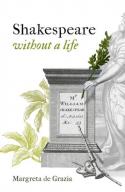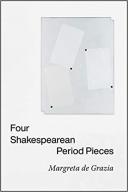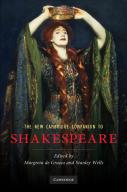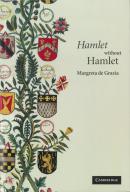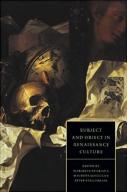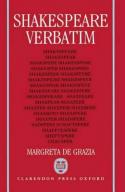Margreta de Grazia
Sheli Z. and Burton X. Rosenberg Professor Emerita of the Humanities
Margreta de Grazia received her PhD in English from Princeton with a specialization in Renaissance literature. Her first book Shakespeare Verbatim (Oxford, 1991) traces the emergence of Shakespeare as a modern author from late eighteenth-century editorial imperatives. Her second book, Hamlet without Hamlet (Cambridge, 2007), awarded both the Phyllis Goodhart Gordan Book Prize and the Elizabeth Dietz Award, demonstrates how the modern tradition of psychologizing Hamlet has effaced both the play's and the protagonist's preoccupation with land and entitlement. Four Shakespearean Period Pieces (Chicago, 2021) calls for the reappraisal of four key concepts that have served to situate Shakespeare in history: chronology, periodization, secularization, and anachronism. Her most recent book, Shakespeare Without a Life (forthcoming, Oxford, 2022) asks what difference a biography makes to the study of Shakespeare by looking at the two centuries in which his works circulated without one.
She has also co-edited Subject and Object in Renaissance Culture (Cambridge, 1996) with Maureen Quilligan and Peter Stallybrass and both the Cambridge Companion to Shakespeare (Cambridge, 2001) and the New Cambridge Companion to Shakespeare (2010)with Stanley Wells. Her interests at present include Shakespeare as an historical and cultural phenomenon, early modern notions of subjectivity and authorship, the production and ownership of early modern texts, and the chronologizing, periodizing, and secularizing of Shakespeare.
She has received fellowships from the American Council of Learned Societies, the National Humanities Center, and the Guggenheim Foundation and is presently the Emerita Sheli Z. and Burton X. Rosenberg Professor of the Humanities. In 2005 she received the Ira H. Abrams Memorial Award for Distinguished Teaching and in 2010, the Provost’s Award for Distinguished Ph.D. Teaching and Mentoring.

 Department of English
Department of English

